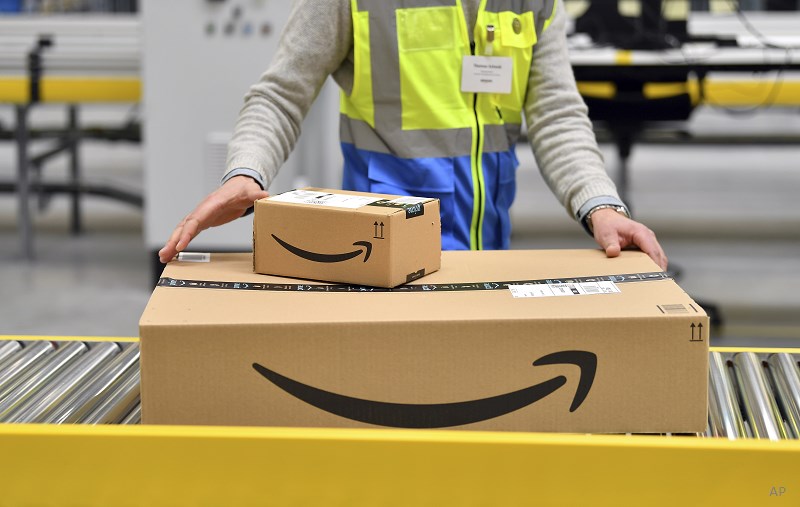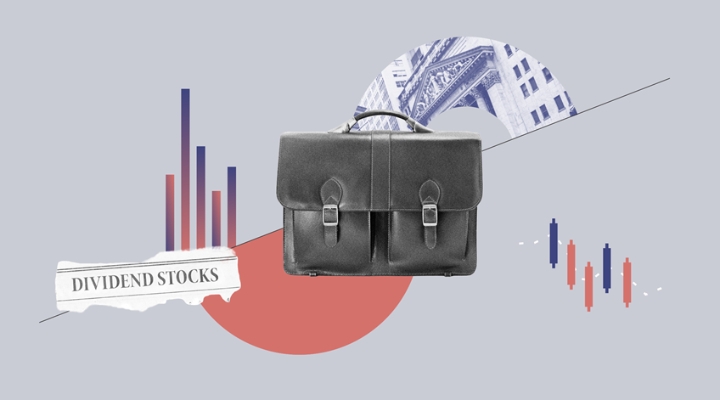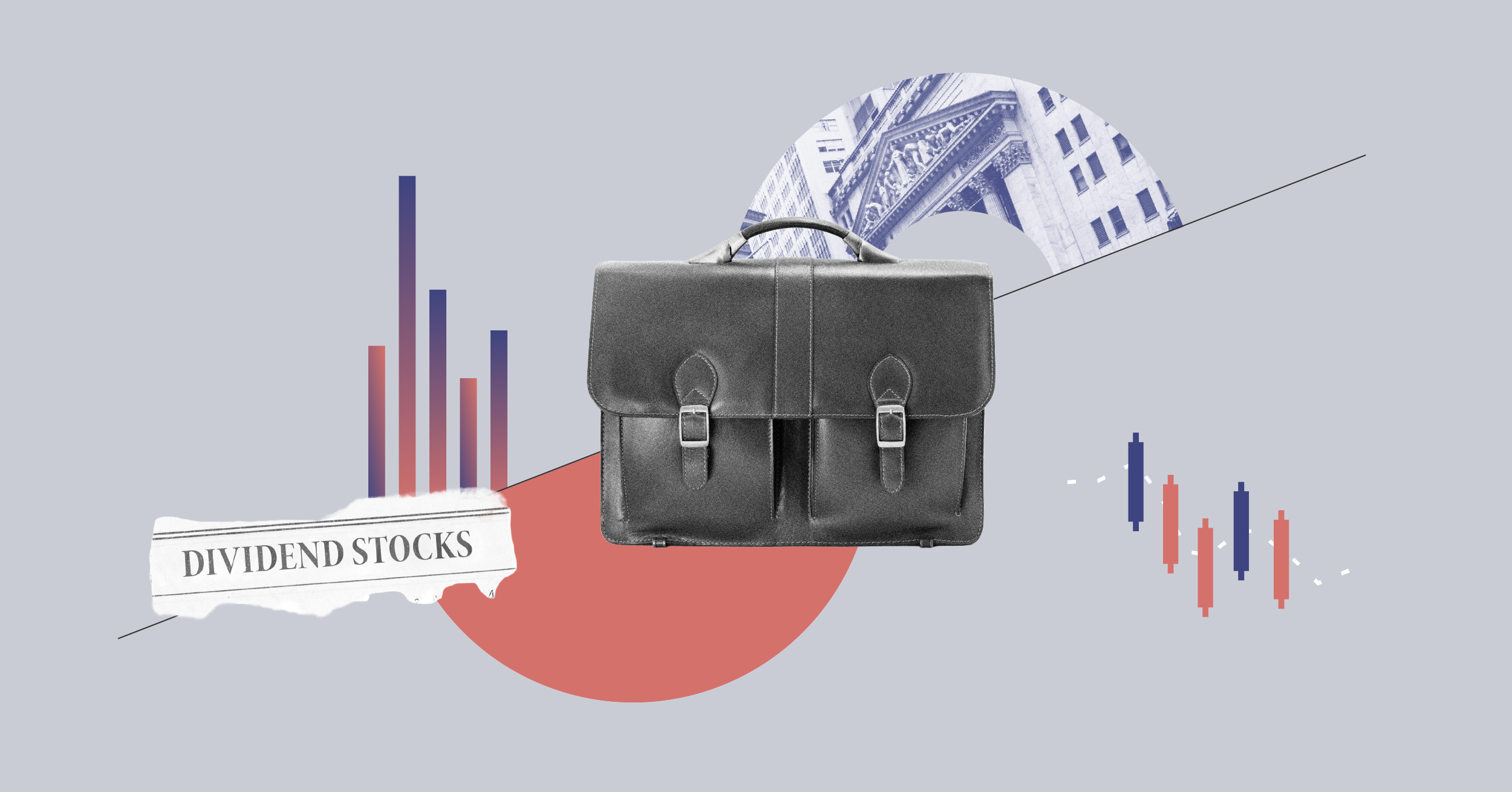
After more than a decade of ultra-low interest rates, the temptation to turn to riskier assets to generate an income is understandable. The coupon on many government and corporate bonds fails to beat inflation, or even generates a negative real return in some instances. But while there are options to earn a higher yield, these often come with much more risk.
John Pattullo, manager of the Silver-Rated Janus Henderson Strategic Bond fund, says investors should be wary of any bond offering a yield of more than 5%.
“Bonds are a simple asset class; they are meant to be dependable, boring, reliable and not let you down,” he says. “Many investors move to illiquid assets thinking that there is some magical yield there, but there is not.”
In the current environment, Pattullo thinks 3 to 4% is a realistic yield to expect from a bond manager, unless you want him to start eating into capital to pay out as income. His fund currently yields 2.7%, and has generated annualised returns of 4.13% over three years. “It’s a tough message for investors to hear," he says. "But it’s an honest, well-thought, realistic message. Be aware of ‘false yield’, capital is very precious,” he says.
There are too many examples of investments which have promised higher returns to income-hungry investors, only to turn sour. The collapse of minibond provider London Capital & Finance is one extreme example - the firm promised interest of 8.75% to investors but went into administration in July 2019, leaving thousands of investors an estimated £234 million out of pocket. Just 1% of these bondholders will definitely get their money back from the Financial Services Compensation Scheme, while the majority face a long and uncertain wait.
Pattullo says collapses such as these are a "disaster" for investors and there have been a number in recent years that have lured investors in with "guaranteed" or "government-protected" returns, only for that to turn out to be untrue.
Peer-to-peer investment platforms, a type of middleman than allows savers to lend their money to individuals and businesses who need a loans, are another area that has started to struggle. Provider Lendy collapsed last summer leaving the savings of around 9,000 people in doubt, and later in the year FundingSecure went into administration after struggling to cope with a rising level of defaults from its borrowers.
The main thing many of these investments have in common, says Pattulol, is too-good-to-be-true interest rates. He says: "If you are looking for a 6% yield, you are asking for trouble. I’d much rather have my capital intact and a 3% sustainable yield.”
Boring is Better
Pattullo's own fund invests in a range of government and corporate bonds. He prefers to focus on debt issued by companies that operate in growing sector, as they tend to be more reliable payers. He likes animal healthcare companies Zoetis and Elanco, for example. "Animal healthcare is a growing area and it’s a great recession-resilient business; people spend an enormous amount of money on dogs and cats, especially millennials.”
Another company in the portfolio is concert ticket vendor LiveNation, a beneficiary of the booming live music industry - incredibly, there is a LiveNation concert somewhere in the world every 14 minutes. "It's a good business, has good cash flow and millennials, when they are not eating eggs and avocados, are often at concerts.”
As well as bonds from the UK, US and Australia government, other top holdings in the fund include bonds issued by Google’s parent Alphabet and online marketplace Amazon which pay 2% and 3.15% each.
Meanwhile, Pattullo tries to avoid so-called value traps; companies that promise sexy yields but are actually just having to pay higher coupons because they are less desirable borrowers. Examples included the now-collapsed tour operator Thomas Cook, health retailer Holland and Barrett and restaurant group Pizza Express – these firms had bonds in issue offering coupons of 6.25%, 5.73% and 8.6% respectively. "You don’t have to be a genius to realise that these were not going to be good investments,” says Pattullo.
Instead, he prefers large-cap companies that deliver "reliable, sensible, boring" growth: “It makes sense in a world of a lot of disruption.”










.jpg)


















